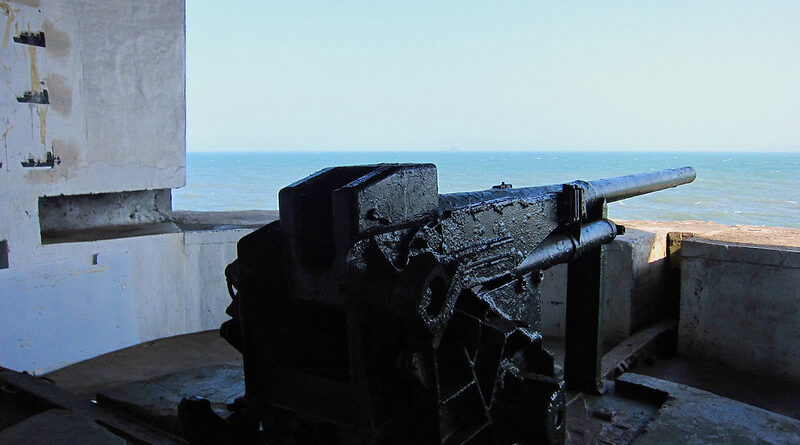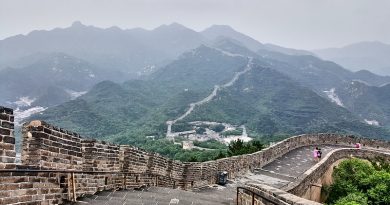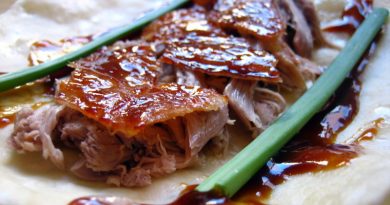The Chinese Revolution
Their activity, aimed at curtailing the power of local warlords was hampered by a brutal purge by the Nationalists, who purged them during the ‘White Terror’ of 1927.
Despite this, the CCP remained active. During the Japanese invasion of Manchuria of 1931, the Nationalists wasted valuable resources on stamping out Communism rather than devoting their attention to the more immediate and far graver threat of Japanese takeover. While the Nationalists were distracted, the CCP built a strong foundation of support in the more remote, rural areas of China. This support steadily increased as the Second World War progressed. The combination of disillusionment towards the rampant corruption within the government, the relative successes of the CCP in their resistance to the Japanese and implementation of land reform policies, all helped consolidate their growing support.
Despite this, Chiang Kai-shek, leader of the waning nationalist Government of the Republic, remained in power after the Japanese surrender in the dying days of the Second World War. His administration was supported by the foreign aid of the United States who did not want China to fall under a Communist regime. China was still bitterly divided however, with the Soviet Union occupying Manchuria which eventually enabled the CCP to move in, and the Civil War and subsequent Communist Revolution was set into motion.
Although a shaky truce was settled between the CCP and Nationalist leadership in 1945, peace didn’t last long. Only a year later civil war broke out between the two forces, and would continue for an additional three years. The CCP’s efforts gained traction as the conflict progressed due to a number of key advantages they held over the Nationalists. Their military was far better organised and equipped, in no small part due to the immense stockpiles of weaponry they inherited from the defeated Japanese forces. Furthermore, their base of support amongst the people was stronger and their commitment to their cause deeper.
By contrast, the Nationalists’ power and influence was waning. While they held strongholds in a number of key cities, in due course they were easily overrun and eventually forced to retreat to the island of Taiwan. Furthermore, they gradually lost pivotal financial support from the US, who no longer saw them as a strong ally. In 1949, Communist leader and eventual dictator Mao Zedong established the People’s Republic of China (PRC), forcing the Nationalists into retreat, all but defeated.
Mao’s seizure of power was followed by increased tensions with the US. The two states were unable to forge an effective alliance. Although the PRC had effectively seized control of China and won the conflict, the revolution itself was left somewhat incomplete. The government remained in exile under American protection, which intensified hostilities between the two countries. Despite this, China was now under Communist rule, the Nationalists still active yet almost entirely powerless.
There were several important implications of the Communist victory in the Chinese Civil War. On an international level, relations between China and the US remained tense for decades to come. Not long after the Communist victory, the Korean War erupted, which saw the two nations pitted against each other. Furthermore, political and economic ties were cut with for over twenty years, with the US viewing the exiled Nationalist government in Taiwan as the legitimate Chinese government. It was not until Richard Nixon’s presidency in 1972 when relations between the two countries eased.
More importantly however were the domestic implications. Mao Zedong’s reign of power was a key turning point in Chinese history. While he is credited for his role in the modernisation of China through industrialisation as well as bringing imperialism to an end, he also unleashed a wave of terror upon his people comparable to the heinous acts of Josef Stalin and Adolf Hitler earlier on in the twentieth century. Mao Zedong is believed to be responsible for over 70 million deaths through direct execution or via indirect means such as starvation caused by mass famine and furthermore was responsible for the relentless manual labor enforced upon his people during ‘The Great Leap Forward’ from 1957.
Regardless of his polarising reception in the world, it can be claimed without a doubt that Mao significantly altered the course of Chinese history. His pivotal role in the Revolution reshaped a nation from an Imperialist state into one of the world’s most powerful countries in the world, but at a heavy and deeply inhumane cost.
Please note this article has been researched using a number of sources, it is always best to refer back to academic sources when citing for study.




